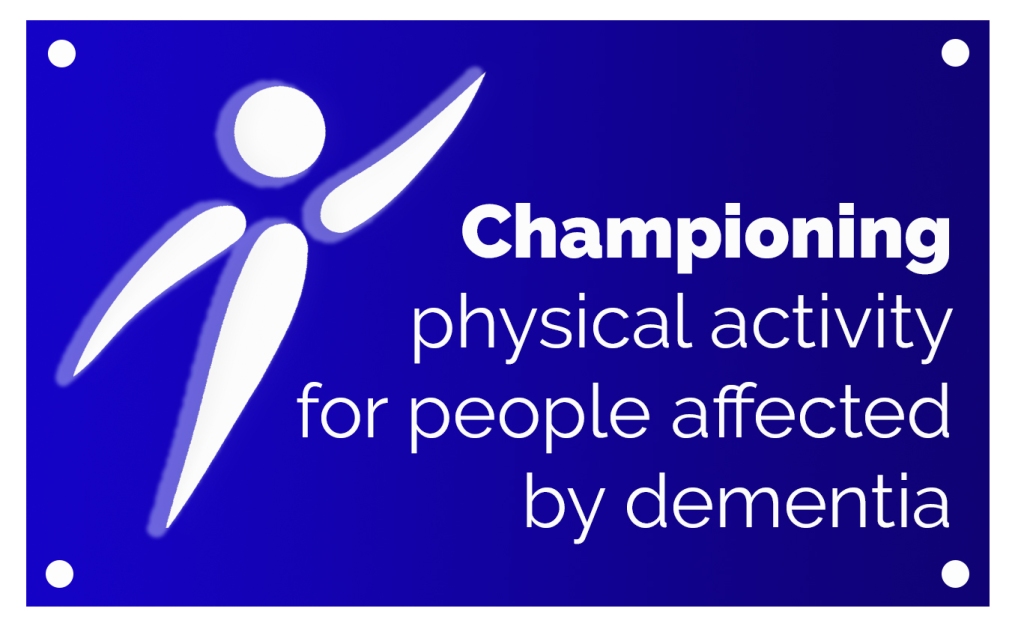A few years ago we wrote a blog about being at UK Dementia Congress (UKDC) from the start to the finish, and this year’s event in Birmingham was similar in that we were presenting from the opening address to the final session. Here’s a brief overview of what we got up to. We didn’t manage to get photos of everything, but hopefully you’ll get a flavour of the event. If you would like more information about any of our presentations or projects, please feel free to get in touch with us on social media or by email (dementia@worc.ac.uk). You can also find our more about our presenters by clicking on their names to go to their staff profiles on our website.
To kick things off, Dr Shirley Evans made the opening address of UKDC, saying how proud the Association for Dementia Studies (ADS) was to be Academic Partner of the event and giving some of our highlights from the past year. She then introduced two of our PhD students who talked briefly about their studies:
- Exploring stigma towards people living with dementia in Extra Care Housing – John Bosco Tumuhairwe
- Exploring re-partnered couples affected by dementia – Jen Edgecombe


